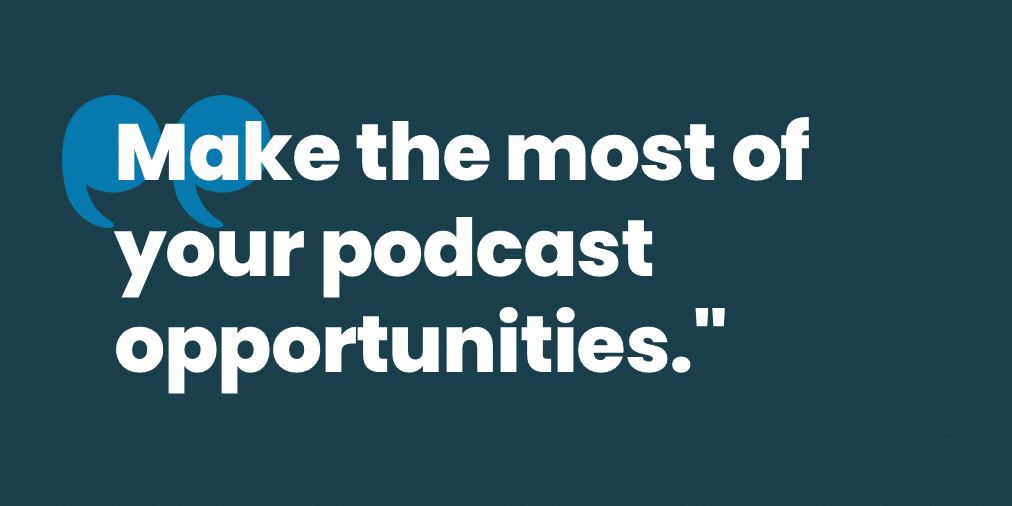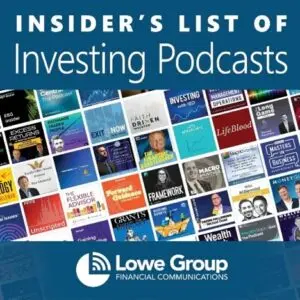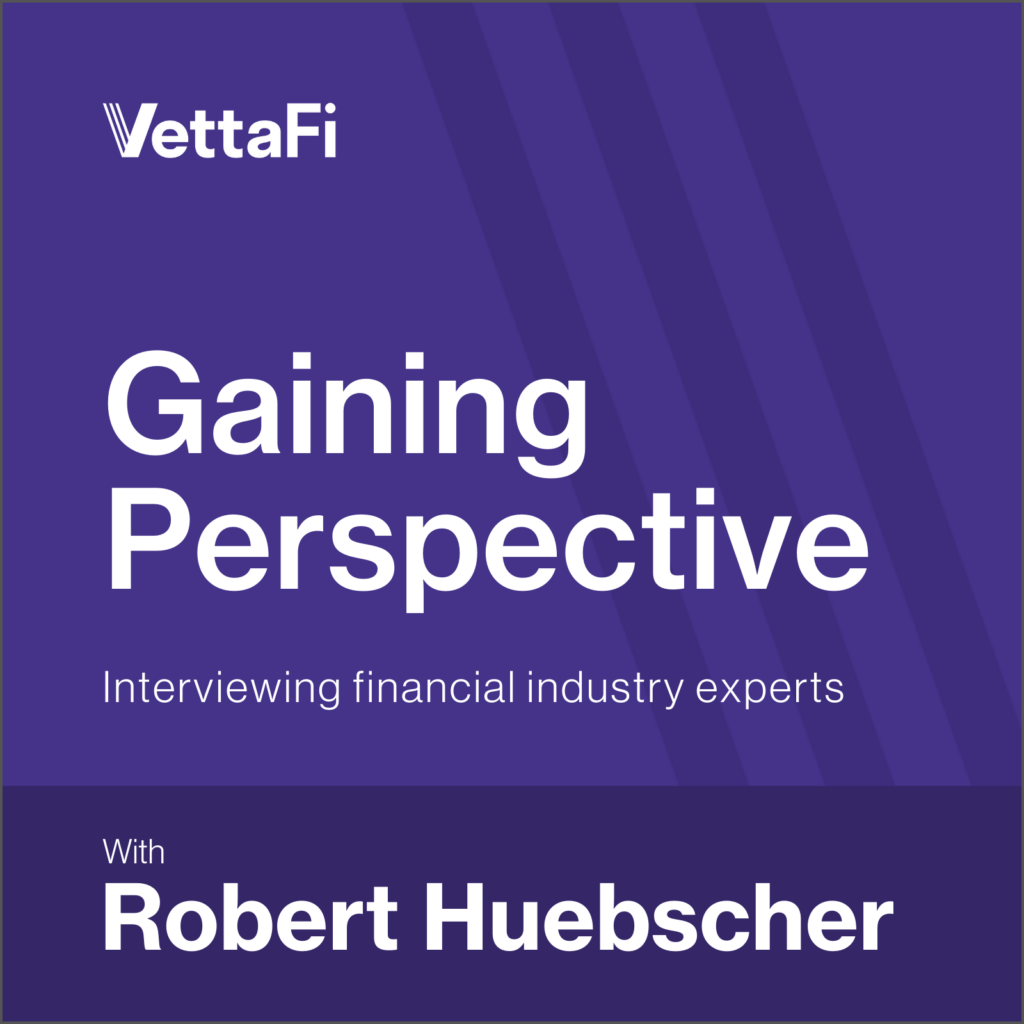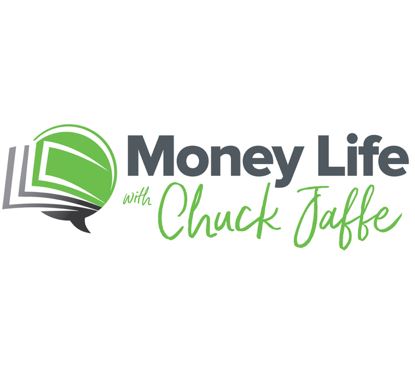
15 steps to becoming the best podcast guest
Podcasts are everywhere. One source suggests that today there are now 3.2 million podcasts. Podcasts outnumber audiobooks by 6:1.
 For those wanting to launch a podcast, those numbers are daunting. Many of our clients have launched or at least explored launching a podcast. There are benefits to producing your own. You have complete control and, done well, there is brand building potential to showcase your thought leaders. But launching a podcast also requires sustained effort to build a following. Many listeners expect that podcast episodes drop at least once a week, and most financial professionals we know may struggle to find the time to record and edit a weekly show.
For those wanting to launch a podcast, those numbers are daunting. Many of our clients have launched or at least explored launching a podcast. There are benefits to producing your own. You have complete control and, done well, there is brand building potential to showcase your thought leaders. But launching a podcast also requires sustained effort to build a following. Many listeners expect that podcast episodes drop at least once a week, and most financial professionals we know may struggle to find the time to record and edit a weekly show.
After seeing a proliferation of podcast launches, including 202% growth in new podcasts in 2020 alone, growth has slowed. This doesn’t surprise me. We’ve seen financial firms enthusiastically plan and launch a podcast and then realize that maintaining the podcast—coming up with ideas and finding the time to record them—is resource-intensive. Most podcasts build their audiences over time. Those that do succeed only with steady promotion and marketing.
Our advice, especially to our asset management and financial advisor clients, is to walk before you run. This means trying to be a guest on a podcast instead of launching your own. There are so many terrific investment and personal finance podcasts. We maintain the Insider’s List of Investing Podcasts which now includes 107 shows after our update earlier this month. We track those podcasts that feature outside guests—obviously, there are plenty of shows that offer a platform to showcase your financial expertise while enabling you to hone your podcasting skills.
Before you can consider producing your own podcast, you’ll need to get good at least two discrete things: expressing yourself articulately and energetically as on-air talent and professionally delivering an audio experience others will value. And, video podcasts raise the stakes even higher.
Talk to your targeted audience
Appearing as a guest on a podcast allows you to reach targeted audiences with the messages you are trying to promote—often you’ll have more time than traditional media would provide you. Guesting on a podcast helps you grow and establish your authority and it can be an opportunity to network with the key industry leaders who often host successful podcasts. For many financial professionals, being a podcast guest, even if you are a regular guest, takes a lot less time than running your own podcast.
Unlike print or broadcast interviews, podcasts generally allow you much more time to present your views than traditional media. That can be a distinct advantage, especially if your area of expertise is complex or multifaceted.
So, give it a try. And if you do, here are our 15 tips to make the most of podcast interviews.
The prep work
- Build a targeted list. We use a tool that helps us to identify the size and focus of each podcast’s audience. Many of the mass audience podcasts are hard to get on and feature multiple guests. But there are many high quality, industry-focused podcasts that may reach just the right audience and will feature you or your expert as the main focus of the show. Start with our Insider’s List of Investing Podcasts to get an idea of some of the best shows.
- Create your podcast bio. Create a one-pager that describes your unique area of expertise and the topics you can discuss. Why are you a compelling guest? Include links to any articles or books you’ve written. And if you’ve been a guest on other podcasts or have recordings of speeches, conference presentations or interviews, include the best links as well. These allow the podcast producers to quickly see what kind of guest you are going be.
- Get training—if you haven’t had media training, make sure you take the time to prepare prior to being a guest. Being on a podcast is not unlike a TV or radio interview. You should practice responding to questions, bridging to key messages and learning how to respond to tough questions. Here’s what you can expect in media training.
- Invest in a good microphone. Fortunately, the equipment to produce a good sound is affordable. While you are at it, get a good camera too as many podcasts are recorded over video. And make sure you record in a quiet room where you won’t be interrupted.
Showtime
- Before being a guest on any given podcast, make a point of listening to a few episodes to get a sense of the flow and the types of questions the host likes to ask.
- Plan your message. We’ve written extensively about the power of a message triangle. Build three salient and timelypoints that will resonate with your target audience. Prepare in advance and plan to incorporate these points in each answer. Don’t make it too salesy or self-serving.
- Be a storyteller. The best podcasts feel like you are listening in on an intimate and personal conversation between two people who are telling stories. Try to bring your message triangle to life by telling personal stories.
- Plan for the lightning round, book recommendation or whatever regular question the podcast host likes to ask. “As always, what are your three book picks for our audience” is a question one of my favorite hosts asks each guest, or, “Now for the lightning round. First job? Morning routine?...” Some hosts will give you a heads-up so you can prepare. It helps to give this some thought in advance.
- Be on time and be prepared. Though pre-recorded, many professionally produced podcasts have a staff of people supporting the production. One podcast we know is produced live from the floor of the stock exchange. If you want to be asked back, don’t make them wait.
- Plan your intro and outro—the few words of welcome at the beginning and the farewell at the end. Think through a gracious way to respond after someone has listed your key accomplishments and, if it is genuine, try to give your host some props. “I’m a fan of this podcast so it is great to be here today” or “I’ve been looking forward to chatting with you.”
- Be a good conversationalist. The best podcast conversations are back-and-forth with both the host and guest each contributing. The least effective guests use the podcast as their bully pulpit and fill the whole time with their stump speech (see sidebar). Avoid arguing or political debates. You don’t have to agree with everything the host says, but if you have a different viewpoint, acknowledge the host’s view and offer that “you may have a little different perspective for your audience to consider.”
- Ask the audience to participate. Offer a free giveaway via a URL that’s short and easy for listeners to remember—even better ask that the link be included in the show notes, too. Invite the audience to take a poll or encourage the audience to visit your site for more information. This can be a good way to see if the audience was engaged and potentially capture the names of those who follow up.
- Ask the host or producer if the podcast interview will be on camera. Increasingly, podcasts are recording both video and audio. If you will be on camera, be sure to think about your lighting and background. Bonus points if you can include something with your logo in the background—strategically place a mug or branded item on a shelf behind you but on camera. However, we don’t suggest using a zoom background. Producers don’t like them, and they cancause some weird on-screen effects such as blurring or cropped images.
Support the show
- Let your network know you will be on. Promote the heck out of your appearance—ahead of time and after the fact.Hosts and producers love episode downloads, and if you can drive new listeners to the podcast, they will be more likely to invite you back.
- Do a favor and introduce the host to your network. If you know someone the host is interested in interviewing, seeif you can help them book the guest. And of course, share the episode across your social media platforms.
Today, we are as likely to place our financial experts on podcasts as on financial TV shows like CNBC, Bloomberg and Fox Business. Far from being a distant second choice, our clients often hear more about these appearances from their targeted audiences than their broadcast appearances. Anecdotes are one way to measure but if you’re leveraging your interview on your website (via embedding the file or maybe a blog post about it) or sharing on social you’ll have metrics that will give you more reliable insights on the return on your time.
Being a podcast guest is good practice for TV. If you’ve earned spots as a guest on a few podcasts and find that you are a natural, then consider launching your own podcast. But do so with your eyes open.
We think podcasts are great vehicles to elevate your voice. Let us know where we can help.
Lowe Group offers a range of media relations services. To learn more, send us a note and we’ll follow up.
Subscribe.
Receive the latest news and insights from Lowe Group.

